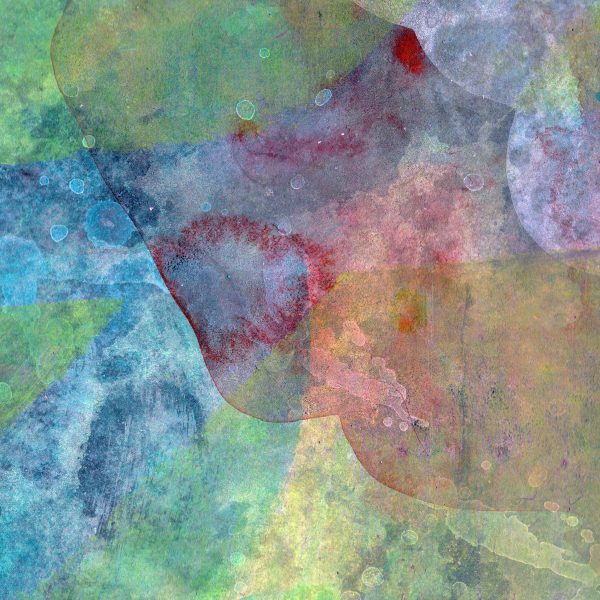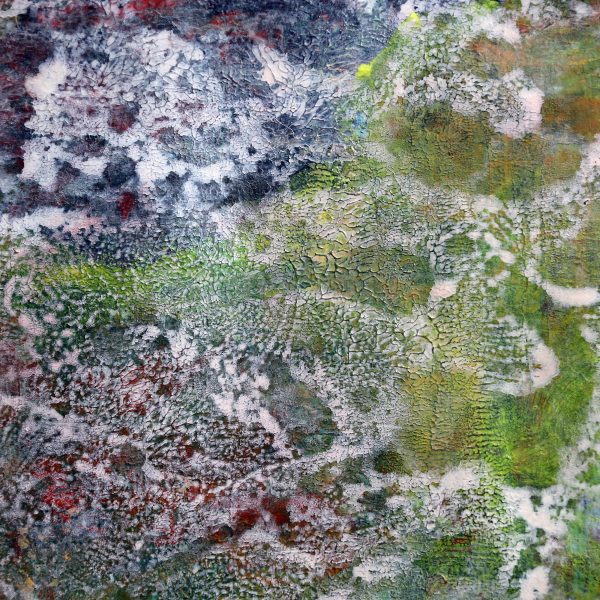Sydney Early Education Centres share how they implement “barefoot is best” policy

Sydney Early Education Centres has made a decision to promote barefoot play, noting that when children explore spaces ‘unrestricted and barefooted’ there are enormous benefits.
The piece below explores some perspectives on the benefits of barefoot play, and shares how this is implemented across the Sydney Early Education Centres network.
What is barefoot play?
Barefoot play refers to the time when children explore indoor and outdoor spaces with nothing on their feet. No socks, no shoes, just time with all parts of their feet connecting with the surfaces below them.
Why is barefoot play important for children?
Feet are extremely sensitive, and naturally wired to the brain. When children have opportunities to play and explore with bare feet on a variety of surfaces they boost two important sensory systems – the proprioceptive system and the vestibular system.
The proprioceptive system provides children with a sense of body awareness and detects/controls force and pressure. It also has an important regulatory role in sensory processing as proprioceptive input can assist in controlling responses to sensory stimuli.
The vestibular system is a sensory system that is responsible for providing our brain with information about motion, head position, and spatial orientation; it also is involved with motor functions that allow us to keep our balance, stabilize our head and body during movement, and maintain posture.
As well as supporting children to develop their proprioceptive and vestibular systems, time spent barefoot, Dr Daniel Howell notes, also helps children to be in a space of ‘precariousness’ which then challenges them to be creative, risk-takers and play “on the edge”.
Time spent in even the most “sensible” shoes, he argues, eliminates most sensory feedback from the sole to the brain; diminishes the flexibility of the foot and toes; alters the positions of the joints in the foot, ankle, knee, hip and spine; reduces the gripping/push off function of the toes; and dramatically reduces the spring action/shock absorption functions of the arch of the foot.
For babies, time spent barefoot is essential. Babies naturally have feet padded with fat, which are highly flexible, and may turn inwards. As babies develop their feet muscles through learning to walk, time spent barefoot helps those systems develop more quickly.
Barefoot play in practice
Sydney Early Education Centres offer the following examples of “barefoot play in action”:
- Natural outdoor environments provide children with an array of surfaces and textures to explore with their bare feet. Some of these include bark; grass; sandstone; tree stumps; watercourses; different gradients and surfaces like rocks and rope play; and surfaces within our sand and mud pits which change with exploration and weather.
- The services have an ‘indoor shoe’/barefoot policy that provides children with more opportunities for barefoot play indoors and to experience different surfaces such as carpet, tiles and plywood stages and lofts. Adults either wear indoor shoes (educators), wear shoe covers, or remove their shoes.
- When sunscreen is applied for outdoor play, it is also applied to children’s feet to reduce UV exposure.
- Educators regularly check different environments for bare feet safety hazards, such as sharp objects or hot surfaces.
- Educators help the children wash and dry their feet. Another benefit for families is that bare feet reduce the potential for dirty shoes from mud, sand and paint.
“We are always in awe of how capable, flexible and always ready to challenge themselves with the physical freedom that is entrusted to them by the adults around them,” a spokesperson said.
Sydney Early Education Centres offer the following sources for additional reading about the topic:
- 10 fun barefoot activities for children, from The Inspired Treehouse
- Find out why WA children are told to go barefooted, from Children’s Chiropractic
- Is being barefoot in the early years catching on? from Early Childhood Outdoors.
- Your baby’s call of the wild (by Anulda Hanscom), on Janet Lansbury elevating child care.
For more information about Sydney Early Education Centres please see here.
Popular

Policy
Practice
Provider
Quality
NSW Government launches sweeping reforms to improve safety and transparency in early learning
2025-06-30 10:02:40
by Fiona Alston

Quality
Provider
Policy
Practice
WA approved provider fined $45,000 over bush excursion incident
2025-07-01 07:00:01
by Fiona Alston

Events News
Workforce
Marketplace
Practice
Quality
Provider
Research
An exclusive “Fireside Chat” with ECEC Champion Myra Geddes
2025-07-01 11:25:05
by Fiona Alston










